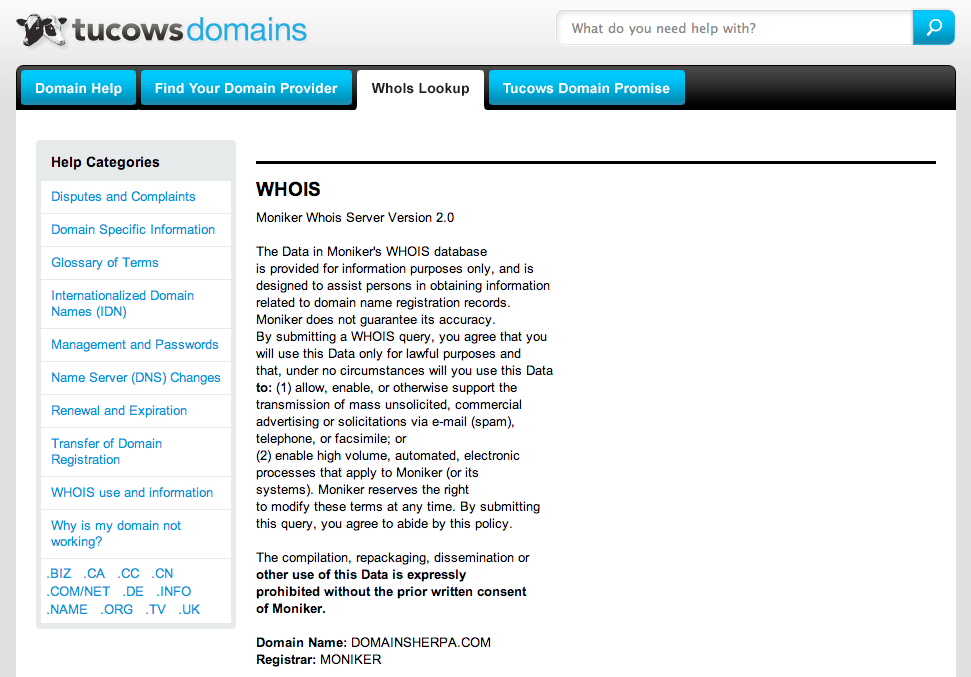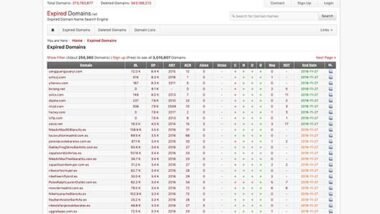In this article, you’ll learn about who owns a domain name and why it matters. We’ll discuss the importance of domain names in establishing an online presence and driving success. You’ll also discover Timely Domains, a trusted domain investment company, and their expertise in acquiring and selling premium domain names. We’ll delve into their domain acquisition strategies and selling approach, as well as the reasons why choosing Timely Domains is a smart choice. By the end, you’ll understand the value of owning a domain name and what Timely Domains can offer in this regard.
Who Owns A Domain Name

Introduction to Domain Ownership
When it comes to the world of the internet, domain names serve as the online address for businesses, organizations, and individuals. They are essential for establishing a distinctive online identity and driving online success. But the question arises, who truly owns a domain name?
Understanding Domain Registrars
To grasp the concept of domain ownership, it is crucial to understand the role of domain registrars. These are companies accredited by the Internet Corporation for Assigned Names and Numbers (ICANN), responsible for managing the registration of domain names. Domain registrars allow individuals and businesses to reserve and legally own a domain name for a specific period, usually ranging from one to ten years.
Domain Registration Process
The domain registration process involves selecting a unique domain name and registering it with a domain registrar. This process requires providing personal information such as name, address, email, and phone number. It is important to note that domain registration does not automatically grant ownership rights; it merely reserves the domain name for the specified period.
Legal Ownership of Domain Names
While individuals and businesses may register and use domain names for their online presence, it is important to understand that domain names are not tangible assets like physical property. Instead, they are a form of intellectual property. Intellectual property laws protect domain names, and owning a domain name gives the registrant exclusive rights to use the name during the registered period.

Transfer of Domain Ownership
Domain ownership can be transferred between parties. The process typically involves initiating a transfer request through the domain registrar and providing the necessary authorization and verification. It is important to follow the specific procedures outlined by the domain registrar to ensure a smooth transfer of ownership.
Whois Database and Domain Ownership
Domain ownership information is recorded in the Whois database, which provides public access to domain registration details. The Whois database includes information such as the domain owner’s name, contact information, registration and expiry dates, and the domain registrar. This database acts as a transparent record and resource for identifying and verifying domain ownership.

Disputes over Domain Ownership
In some cases, disputes may arise over domain ownership. These disputes usually occur when multiple parties claim rights to the same domain name. Resolving such disputes often involves legal proceedings or alternative dispute resolution methods established by ICANN. It is essential to consult legal experts who specialize in intellectual property and domain name disputes to protect your rights and interests.
Cybersquatting and Domain Ownership
Cybersquatting refers to the act of registering and using a domain name with the intention of profiting from the goodwill or trademark of someone else’s brand. This unethical practice can cause harm to businesses and individuals whose online presence is affected. Laws and policies have been established to combat cybersquatting, providing legal mechanisms for brand owners to regain control of their domain names.

Protecting Your Domain Ownership
To safeguard your domain ownership, it is crucial to take certain precautions. Here are some steps you can take:
- Maintain accurate and up-to-date contact information with your domain registrar.
- Set up domain privacy protection to keep your personal information hidden from public access.
- Regularly monitor your domain’s registration and expiry dates to ensure timely renewal.
- Implement strong account security measures, including unique passwords and two-factor authentication.
- Be cautious of phishing attempts and fraudulent emails related to your domain registration.
Conclusion
In conclusion, owning a domain name grants individuals and businesses certain rights and privileges to utilize that name for their online presence. While domain registration provides a form of legal ownership, it is important to understand the intricacies of intellectual property laws and the potential disputes that can arise. By following best practices and staying informed about domain ownership rights, individuals and businesses can effectively establish and protect their online presence.





